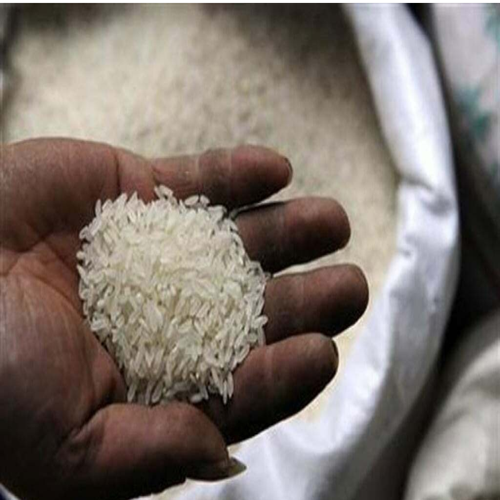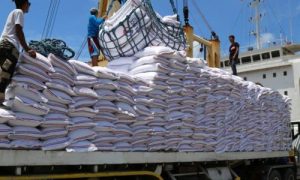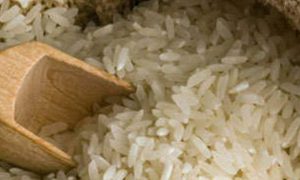India’s ‘protected’ basmati varieties renamed & cultivated in Pak, IARI demands legal action

Blockbuster Pusa-1121 and 1509 Basmati varieties being grown and marketed in Pakistan as “1121 Kainat” and “Kissan Basmati”.
Even as basmati rice exports from the country are poised to scale a new high, scientists at the Indian Agricultural Research Institute (IARI) have red-flagged the “illegal” cultivation of its blockbuster varieties in Pakistan.
IARI director A.K. Singh – whose institute has bred high-yielding basmati varieties accounting for roughly 90% of India’s projected $5.5 billion exports of the aromatic rice in 2023-24 (April-March) – has demanded initiation of legal action against unscrupulous seed firms in Pakistan “to protect the interests of our farmers and exporters”.
According to him, the illicit seed sales and cultivation of IARI varieties in Pakistan started with Pusa Basmati-1121 (PB-1121). Released in 2003 and known for the extra kernel length of its grains (averaging 8 mm and elongating to about 21.5 mm on cooking), this variety has been officially registered as ‘PK 1121 Aromatic’ in Pakistan. It’s even being marketed as ‘1121 Kainat’ basmati: A simple Google search of the term threw up some 6,18,000 results, including the 1121 Kainat steamed basmati rice of the Karachi-based Leela Foods and Lahore’s Latif Rice Mills (Pvt.) Ltd.
But it isn’t PB-1121 alone. Pakistan is growing other popular IARI-bred varieties too, such as Pusa Basmati-6 (PB-6) and PB-1509 released in 2010 and 2013 respectively. PB-1509, which matures in 115-120 days as against the 135-145 days of other high-yielding basmati varieties, has been registered and renamed as ‘Kissan Basmati’ in Pakistan.
More striking are YouTube videos from Pakistan featuring newer IARI varieties: Pusa Basmati-1847 (PB-1847), PB-1885 and PB-1886. These are improved versions of PB-1509, PB-1121 and PB-6 respectively, bred for conferring resistance to bacterial blight and rice blast fungal disease.
All the three varieties were released in late-2021, with IARI supplying 1 kg each of their genetically pure seeds to around 2,000 farmers for planting in the 2022 kharif (monsoon) season. There are already videos – including those of Awan Rice Mills Research Farm at Hafizabad, Chadhar Agri Farm at Multan and Nawab Farms at Bahawalnagar, all in Punjab province – highlighting the disease-resistance traits of the three varieties, while also acknowledging the original breeder, i.e. IARI.
“All the varieties we have bred are notified under the Seeds Act, 1966 for cultivation in the officially demarcated Geographical Indication area of basmati rice within India, covering 7 northern states. They are further registered under the Protection of Plant Varieties and Farmers’ Rights Act, 2001. This Act allows only Indian farmers to sow, save, re-sow, exchange or share the seeds of any protected/registered varieties. Even they cannot violate the breeder’s rights by selling the seeds in branded packaged and labeled form,”
















